![图片[1]-Spraying Drones for Palm Oil Farms: Revolutionizing Sustainable Oil Palm Cultivation-msoen](https://www.msoen.com/wp-content/uploads/2025/04/edbbb52c8b184639-1024x576.jpg)
Palm oil farming, a cornerstone of tropical agriculture, faces mounting challenges including labor shortages, environmental degradation, and disease outbreaks. Spraying drones for palm oil farms are emerging as a transformative solution, combining precision technology with scalability to optimize herbicide and fertilizer application, reduce ecological footprints, and enhance yields. This article explores how drones are reshaping palm oil cultivation, backed by data, real-world applications, and actionable insights for producers and innovators.
The Unique Challenges of Palm Oil Farming
Palm oil plantations, spanning vast tropical landscapes, grapple with:
- Labor-Intensive Practices: Manual spraying is slow, costly, and hazardous due to exposure to toxic chemicals.
- Disease and Pest Pressure: Diseases like Ganoderma butt rot and pests such as bagworms threaten yields.
- Environmental Concerns: Conventional methods contribute to deforestation, soil erosion, and chemical runoff into waterways.
- Dense Canopies: Tall, overlapping fronds complicate spray coverage, leading to uneven chemical application.
Drones address these challenges with tailored precision, but how?
How Spraying Drones Transform Palm Oil Farming
- Precision Targeting for Dense Canopies
Oil palms grow in dense, vertical canopies, making traditional spraying inefficient. Drones equipped with:
- Multispectral Sensors: Detect early disease symptoms (e.g., Ganoderma) and nutrient deficiencies in hard-to-reach areas.
- Air-Assisted Nozzles: Penetrate thick foliage with directed sprays, reducing drift and ensuring even coverage.
Example: In Malaysia, drones reduced herbicide use by 30% while improving weed control in mature oil palm stands.
- Variable Rate Spraying (VRS)
AI algorithms analyze real-time data (canopy density, soil health) to adjust chemical application rates mid-flight.
- Zoned Application: Treats high-risk zones (e.g., disease-infested areas) separately, minimizing overuse.
- Dosage Optimization: Saves 20–40% of chemicals by tailoring coverage to frond density and growth stages.
- Enhanced Safety and Accessibility
- Sloped Terrain: Drones navigate uneven terrain and steep hillsides common in Indonesian and Malaysian plantations.
- Reduced Human Exposure: Eliminates risks from handling agrochemicals like paraquat.
- Cost and Time Efficiency
- Labor Savings: Cuts spraying time by 60% compared to manual methods.
- Lower Fuel Costs: Electric drones operate at 70% lower fuel expenses than diesel-powered sprayers.
Key Technologies Driving Success
- AI-Powered Disease Detection
Machine learning models trained on palm oil disease datasets identify infections with 95% accuracy, enabling preemptive action. - Smart Nozzles with Adjustable Flow
Dynamic nozzles adapt to canopy density, ensuring consistent droplet size and reducing chemical waste. - IoT Integration
Soil moisture sensors and weather APIs sync with drones to pause spraying during rain, preventing runoff and chemical loss. - Autonomous Flight Planning
GPS-guided drones follow pre-mapped routes, ensuring uniform coverage even in irregularly shaped plantations.
Real-World Applications and Success Stories
Case Study 1: Malaysian Oil Palm Estates
A plantation in Sabah deployed drones to combat bagworm infestations. Targeted spraying reduced pesticide use by 45% while increasing yields by 22%. Real-time analytics prioritized high-risk zones, saving $300/ha annually.
Case Study 2: Indonesian Sustainable Palm Oil (SPO) Initiative
Drones sprayed organic neem-based solutions on RSPO-certified farms, reducing synthetic chemical reliance by 50% and boosting buyer demand for eco-friendly palm oil.
Benefits Beyond Operational Efficiency
- Environmental Sustainability
Reduced chemical runoff protects rivers and biodiversity, critical in biodiversity hotspots like Borneo. - Climate Resilience
Drones enable precise potassium applications during droughts, strengthening palm resilience. - Market Competitiveness
Lower chemical residues align with global ESG (Environmental, Social, Governance) standards, enhancing export value.
Challenges and Solutions
- High Initial Costs:
Solution: Pay-as-you-go leasing models and government grants (e.g., Indonesia’s palm oil sustainability fund). - Data Interpretation Barriers:
Solution: User-friendly apps with disease alerts and spray reports in local languages. - Regulatory Compliance:
Solution: Drones with automated logging for RSPO and MSPO certification audits.
Future Trends in Palm Oil Farming Drones
- Swarm Farming
Fleets of drones treating thousands of hectares in hours, ideal for mega-plantations. - Blockchain Traceability
Tracking chemical usage from farm to mill, ensuring compliance with sustainability certifications. - Biochar Delivery Systems
Eco-friendly drones applying biochar to improve soil health and sequester carbon. - Robotic Integration
Drones paired with ground robots for integrated pest and nutrient management.
Conclusion
Spraying drones for palm oil farms are redefining tropical agriculture by merging precision, sustainability, and scalability. From AI-driven disease detection to adaptive nozzles for dense canopies, these drones empower growers to protect yields, reduce costs, and preserve ecosystems. As global demand for ethical palm oil rises, adopting drone technology isn’t just an innovation—it’s a strategic imperative for long-term viability.
Upgrade Your Palm Oil Farm Today
Explore drone solutions tailored for tropical agriculture. Boost yields, cut chemical use, and future-proof your plantation with precision spraying technology.
Keywords: spraying drones for palm oil farms, precision agriculture in palm oil, sustainable palm oil farming, drone disease detection, AI in tropical agriculture, eco-friendly pesticide application

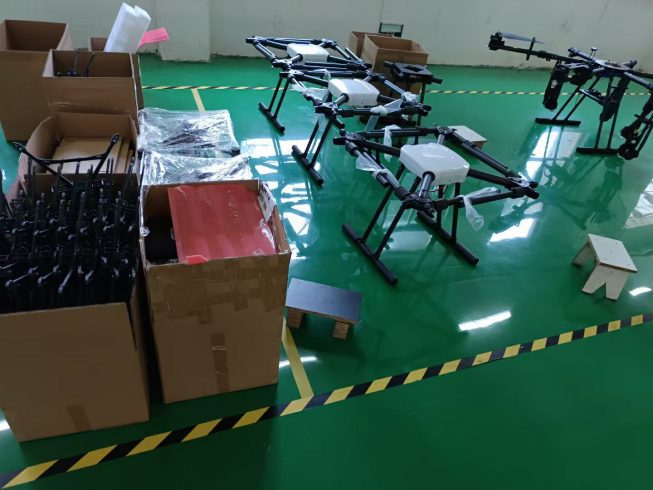
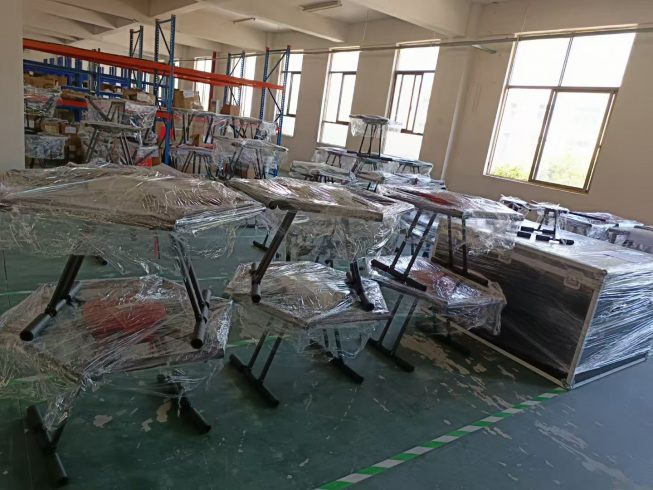
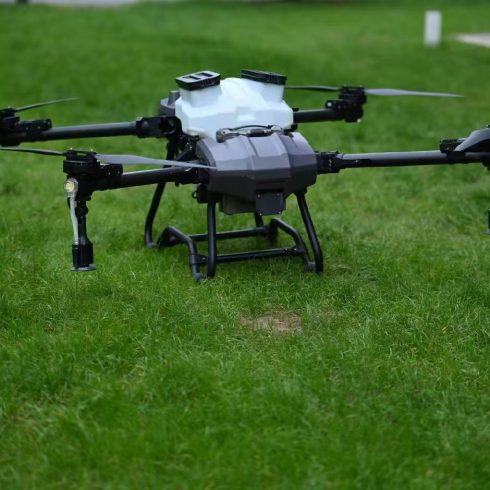
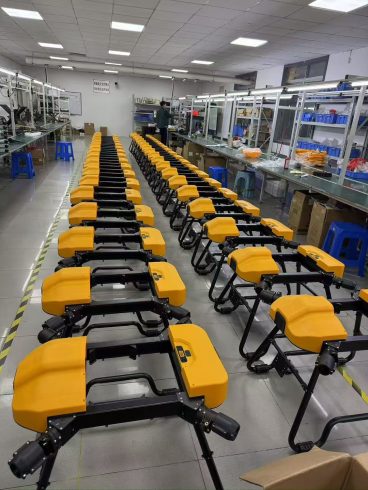
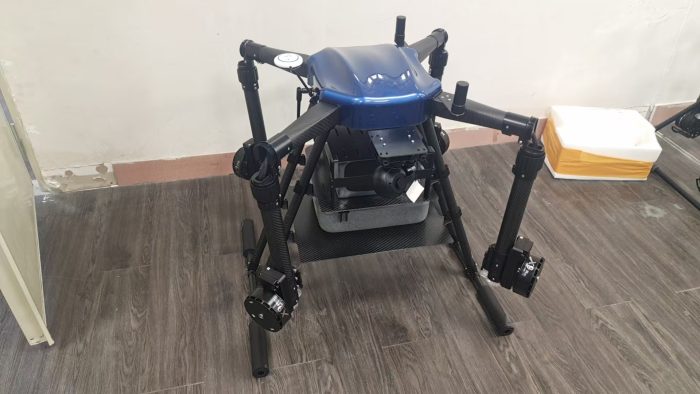
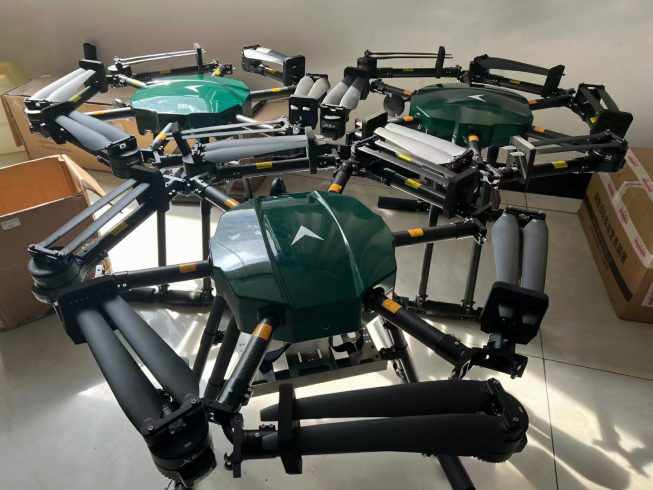
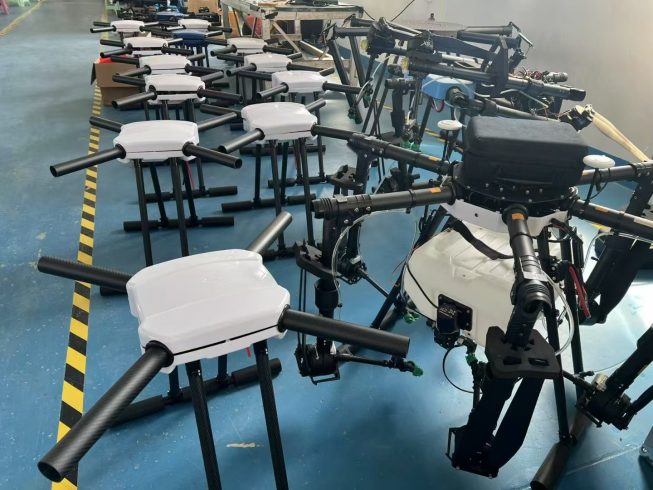
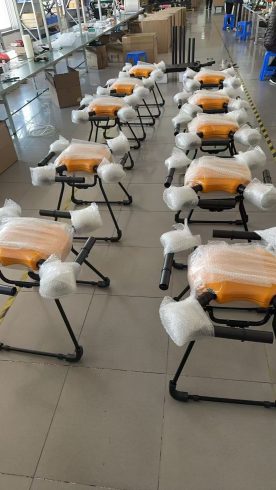
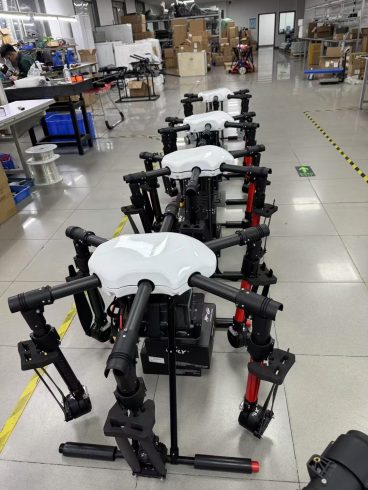
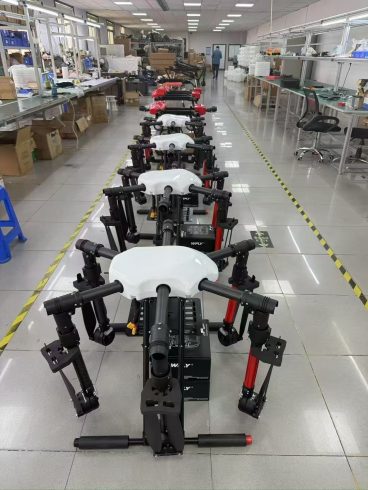

暂无评论内容